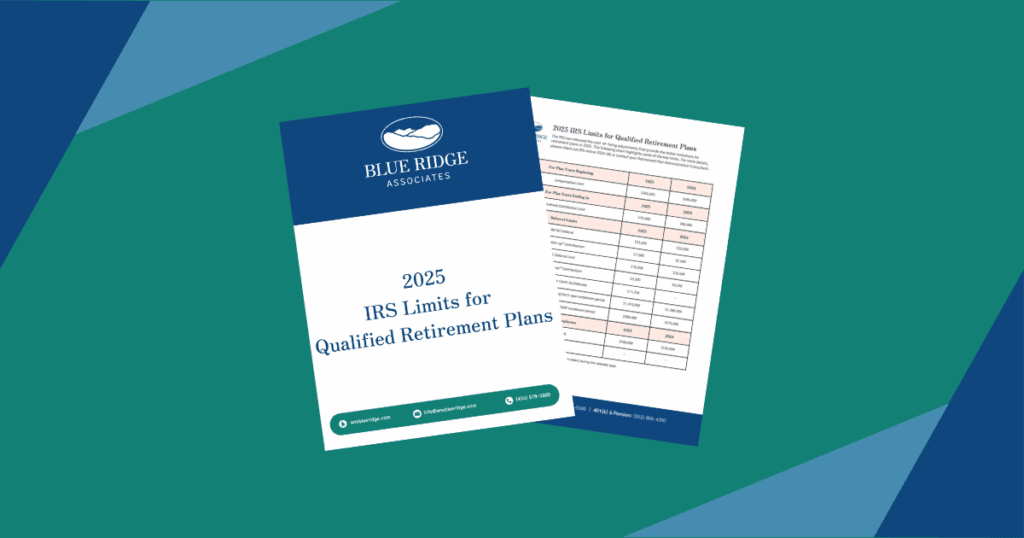One of the key updates introduced by the SECURE 2.0 Act is the expanded eligibility for long-term part-time employees to participate in employer-sponsored retirement plans. Effective January 1, 2025, employees aged 21 or older who complete at least two consecutive years of service, with 500 or more hours worked per year, must be allowed to participate in their employer’s 401(k) or ERISA-covered 403(b) plan for employee deferrals. This requirement applies even if the employee does not meet the plan’s standard eligibility criteria.
While this mandate covers employee deferrals, it does not extend to employer contributions. However, employers have the option of allowing their long-term part-time employees to receive these contributions.
This 2-consecutive-year period is a reduction from the original long-term part-time rule of 3-consecutive years, which took effect in 2024 and only applied to 401(k) plans.
The IRS recently confirmed that existing 403(b) exclusions for student employees and those who typically work fewer than 20 hours per week can remain in place. However, plans that exclude employees who generally work under 20 hours per week must still allow employees who meet the long-term part-time requirements to begin making salary deferrals.
For any questions regarding these long-term part-time eligibility rules, please reach out to your TSC consultant.



